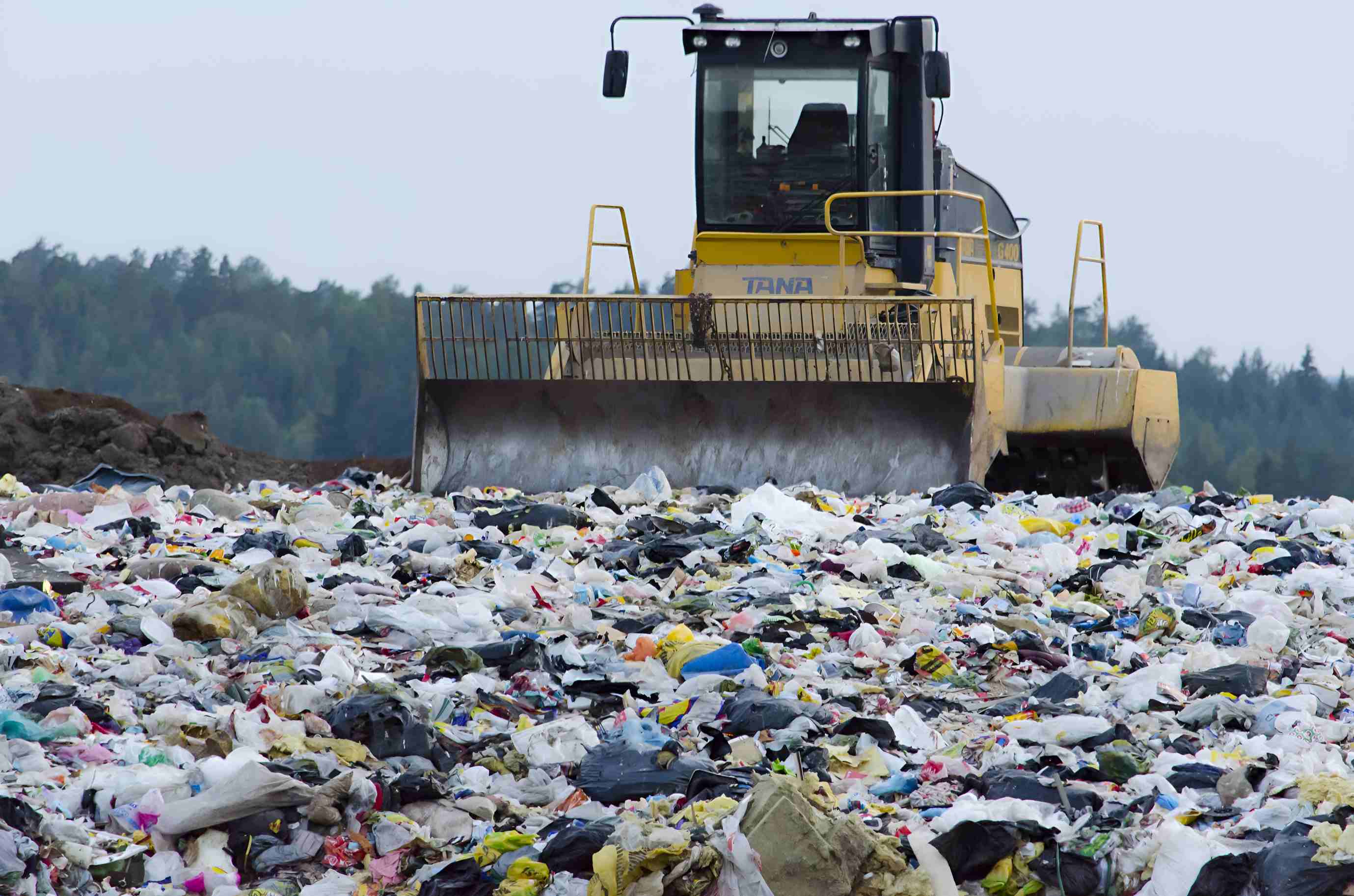Businesses appeal to government regarding new waste management fee

The Extended Producer Responsibility (EPR) levy is set to impact goods packaged in nylon.
Several business lobby groups have raised concerns with the government regarding a newly introduced waste management levy tied to their operations.
They claim the charge, established under the 2024 Sustainable Waste Management (Extended Producer Responsibility) Regulations, will significantly increase production costs, which could, in turn, lead to higher prices for consumers.
The Extended Producer Responsibility (EPR) levy is set to impact goods packaged in nylon, such as diapers, sanitary towels, detergents, and fabric softeners.
The rollout of this levy is expected before the end of the month.
Several business lobby groups have raised concerns with the government over a newly introduced waste management levy tied to their operations.
They argue that the charge, outlined in the Sustainable Waste Management (Extended Producer Responsibility) Regulations, 2024, will significantly increase production costs, ultimately leading to higher prices for consumers.
The levy targets goods packaged in nylon materials, such as diapers, detergents, fabric softeners, and sanitary towels. It is slated to be implemented before the end of this month.
Individuals and businesses subject to the regulation must remit the required fee to the National Environment Management Authority (NEMA).
According to the updated guidelines, importers dealing in products specified under the First Schedule will be charged a fee of Sh150 per unit for each consignment entering the country.
Individuals and businesses subject to the regulation must remit the required fee to the National Environment Management Authority (NEMA).
According to the updated guidelines, importers dealing in products specified under the First Schedule will be charged a fee of Sh150 per unit for each consignment entering the country.
Several key industry bodies — including the Shippers Council of Eastern Africa (SCEA), Kenya Private Sector Alliance (KEPSA), Kenya International Freight and Warehousing Association (KIFWA), Fresh Produce Consortium of Kenya (FPCK), Kenya Flower Council, and the Association of Kenya Suppliers (AKS) — have jointly appealed to the government to postpone the rollout of the new directive, proposing a new implementation date either in January or the middle of next year.
The petition dated April 28 this year was signed by several key industry leaders, including Agayo Ogambi of SCEA, Caroline Kariuki of KEPSA, Clement Tulezi of KFC, Ojepat Okisegere of FPCK, and Wycliffe Wanda of Kifwa, all serving as chief executive officers of their respective organizations.
They called for exemptions on key items crucial for food security, including agrochemicals, fertilizers, seeds, sugar, edible oils, and flour made from wheat and maize.
"We request that essential goods, vital for food security, health, and household well-being, be exempt from import fees related to the Economic Partnership Agreement (EPR)," they stated.
